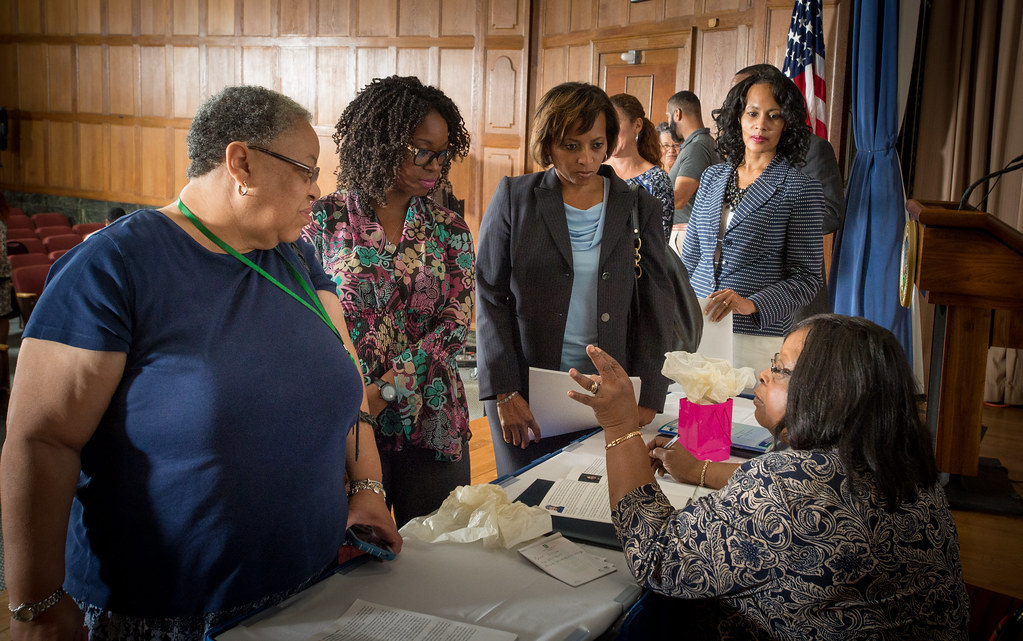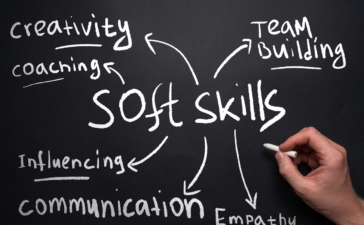Let’s face it. You’re shy and introverted in nature, or you don’t have much in common with the person next sitting to you. It’s understandable you get blank, and consequently, awkward silence takes over the conversation.
In such situations, you wonder what to say and how to break this communication barrier. And most critically, how to be better at conversations overall.
Google this problem, and you’ll find similar and generic tips across. E.g., look in the eyes, be composed, listen to others, and don’t use your cellphone. But we need to dig deep.
The solutions mentioned above are, in fact, not solutions. They’re quick fixes that never long last. How can you be better at conversations when looking in the eyes of others? Or else, even worse, you turn yourself and face the person directly. These are a few suggestions that you’ll get. Are these recommendations really workable? Not so much. These are basic-level tips and can make you overwhelmed and depict you as someone desperate to have a conversation.
In this article, I’ll be sharing 10 tips to be better at conversations with everyone and on every occasion. So fasten your seatbelts. By the end of this article, you’ll discover expert-approved tips to have excellent conversations!

1. Be brilliant raconteur
It’s somewhat related to telling funny stories. And don’t forget stories make us curious.
Curiousness is key to grabbing attention. It’s human psychology that we’re inquisitive and we want to know what’s hidden. This is where story-telling ability makes you interesting and sends your message across clearly. Combine it with decent humor, and no one will ever interrupt you or get bored while you speak.
Being a brilliant raconteur doesn’t mean that you’ve just trying to be funny all the time. Instead of that, your story must support your argument, should be humorous simultaneously, and it should keep others curious till the end. At last, connect your anecdote to the point or argument you’re trying to explain. This way, listeners will not only hear you attentively, but they’ll also easily understand your point of view and process your argument completely! As a result, the next time you speak, they know that you’re coming up with something interesting and intriguing.
2. Be short and crisp
To be better at conversations, you shouldn’t speak continuously and perpetually. When we run out of thoughts or want to emphasize our point, we become repetitive. When the person sitting next to you hears the same thing over, either they cut you off or lose concentration. Avoid saying such phrases as “as I mentioned” and “this is the same thing I told you ….”
It’s not a debate, speech, or lecture. You’re just exchanging views in a relaxed and easy way. There is no winner and loser. You limit your responses and be very crisp at conversations when you think this way.

3. Don’t start from 0 or 10
Always understand the level of expertise of your listeners. If you discuss things they already know, they won’t be too excited about it. Likewise, if your listener doesn’t have a basic understanding of the things you’re saying, ultimately, they’ll lose interest. So don’t start from 0 or 10. Always figure out the level of expertise of your listener and move on from there.
4. Be present in the moment
This is one of the hardest things to train your brain for. When entering into a conversation, you shouldn’t be thinking about the argument you had with someone an hour ago or years back, and you should also not worry about what you’re going to have at the dinner table.
When you’re in the conversation, you’re doing something serious. It’s important.
Be in the conversation and enjoy the moment. Take a deep breath. You’re exactly where you need to be. If you don’t want to continue, get out of it. Moving away from the conversation is one of the rules to learn how to be better at conversations. Don’t be half-in and half-out. Not a single thought gets your complete attention this way.
During the conversation, it’s normal that you might drift off or begin using your cellphone. Gently push yourself and regain your focus without getting angry or scolding yourself. Take control and drive your mind back to the present. You’re in the right place.
5. Talk about their interests
We all want to be pampered, heard, and taken care of. When someone does it for us, that person becomes our favorite. Nothing is different in conversations. Ask questions related to their personality, goals, ambitions, and skillset, and share your appropriate suggestions. Let others speak first, and practice patience while holding your thoughts in your head. Give honest compliments and express your reactions. For instance, “wow! Your story is inspirational.” Or “great! What happened next when you accomplished that?”

If you develop this habit, there is no reason on earth that you don’t become their lovable conversationalist. Every person has done something good in life, possesses certain qualities, and has things they’re proud of. You’re just appreciating them for their achievements and admiring their qualities. This way, you’ll win them over!
6. Stop criticizing
Don’t get mad at people. They must have good and bad qualities. It’s not okay if you point out their weaknesses and torpedo their self-respect and confidence. This is not on. Specifically if you’re in a group conversation. Digest their wrong facts, stories, and self-projection. Instead of letting them know what they’re doing wrong, politely and gently convey what they should be doing to get better at something. Your purpose should be to help others and update their information.
Avoid useless observations. For instance, “why he’s standing there?” “She looks terrible in that dress.” Or “you shouldn’t say this or go there.”
7. Stop complaining
Resist the temptation to defend yourself or make excuses. If you haven’t achieved a specific thing, that’s alright. You’re working on it and will be successful. However, crying about it in front of others will do no good to you. They feel pity for you and walk away next time.
Complaining that why you? Why do bad things only happen to you? It’s not going to work. No one feels comfortable if you relentlessly complain in conversation. Talk about possibilities instead of failures. This way, others take you as someone who is positive and circulates energetic vibes.
8. Never compare
All the experiences are not the same. If they tell you how much they hate their job, don’t jump in and claim that you also hate your job. Listen to their trouble and lend your support. But don’t equate your experiences with theirs. This will do no good to you.

Similarly, if others have something, and you don’t get it despite trying harder, don’t mention that you’re having a hard time. You’re not. This is how real-world works, and you shouldn’t be involved in this comparison. It can only make you an unworthy conversationalist.
9. Don’t curse
Cursing is just burning yourself. If you don’t think good of someone, just ignore talking about that person. Saying “things should have gone even worse for him” only makes your skin crawl. Or never say, “he deserves a lot worse than this.”
Cursing will never make you better at conversations, even if you do it unintentionally. This sends out the message that you’re full of hatred and can’t handle the stones thrown to you by life. And no one wants to be in the team of a loser. Instead of cursing, speak about the opportunities and personal and professional growth. Encourage others to extract the best out of life. They’ll love your motivational spirit.
10.Ask thoughtful questions
To kick-off conversation or kill the silence, thoughtful questions are the way to go. Don’t be too obvious, for example, “what do you do in your free time?” and “where do you live?”
Instead of that, determine what’s common in you. Perhaps you studied in the same school. Or you might have a similar hobby or role in your professional life. If you have a common interest with the other person, it’s easier to continue a conversation. By identifying things in common with the other person, you’ll become a better questioner. The more you practice, the more you’ll be confident and more likely to initiate a conversation easily.
If asking questions makes you feel uncomfortable, start with statements. A statement like “the view is so beautiful” and “this traffic jam is crazy” is an invitation. They’ll most likely share their opinion on your statement, and you can keep going from there.
Final thoughts
The question of how to be better at conversations is critical for everyone. A successful conversation requires a good balance between humor and thoughtfulness. Developing good conversational skills can help you establish credibility and professionalism. You will be more likely to be able to develop meaningful relationships and open up a wide variety of opportunities. You will be able to gain a greater understanding of other people when you are able to communicate effectively and efficiently.
Being a good conversationalist is also an asset for your career. Moreover, it allows you to connect with people who provide great emotional and professional support. It can also enhance your networking opportunities. You can even build long-term relationships with colleagues and clients if you have the ability to initiate conversation and keep it flowing smoothly.





